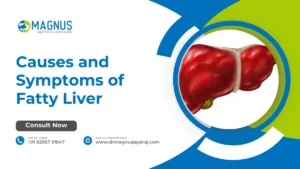Human beings harbor a complex community of over 100 trillion microorganisms in the gut. There is about 1 kg of bacteria in each of our large intestines. It has been estimated that our gut contains in the range of 1000 bacterial species and 100-fold more genes than are found in the human genome. This diverse and complex microbial community plays a central role in human health. These human digestive tract-associated microbes are referred to as the gut microbiome. This microbiome influences human physiology, metabolism, nutrition, and immune function.
The organism which is the human being, with the huge microbiome is together termed a SUPERORGANISM.
Microbial colonization of the human gut begins at birth. The infant’s intestines are believed to be sterile or contain a very low level of microbes at birth, but the gastrointestinal tract is quickly colonized during and after delivery.
It is now apparent that our gut microbiome coevolves with us and that changes to this population can have major consequences, both beneficial and harmful, for human health. Indeed, it has been suggested that disruption of the gut microbiota (or dysbiosis) can be significant with respect to pathological intestinal conditions such as obesity and malnutrition, systematic diseases such as diabetes, and chronic inflammatory diseases such as inflammatory bowel disease(IBD), encompassing ulcerative colitis (UC) and Crohn’s disease (CD).
The human gut microbiota has been the interest of extensive research in recent years and our knowledge on using the potential capacity of these microbes is growing rapidly. The gut microbes are directly involved in conferring protection against pathogen colonization by inducing direct killing, competing with nutrients, and enhancing the response of the gut-associated immune repertoire.
Check out Achieving Weight Loss After Liver Resection.




